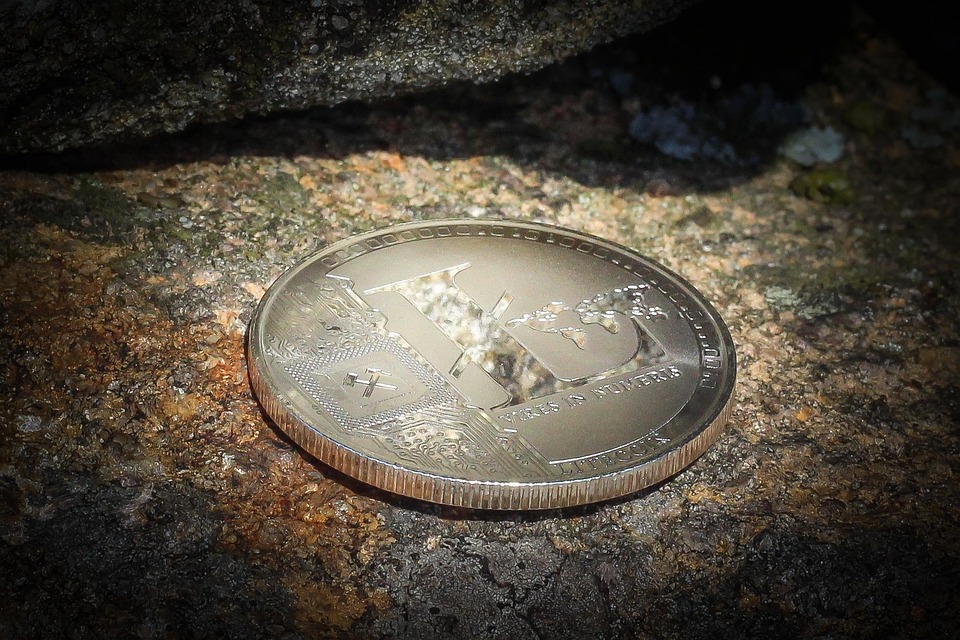From Hot to Cold: A Guide to the Best Wallets for Cryptocurrency
The cryptocurrency revolution has transformed the way we think about money, investments, and financial transactions. As this digital asset landscape continues to evolve, so does the need for secure and efficient ways to store these assets. Whether you’re a seasoned trader or a casual investor, understanding the different types of cryptocurrency wallets is crucial for safeguarding your investments. In this guide, we will explore the best wallets available, ranging from hot wallets to cold wallets, to help you make an informed decision.
What are Cryptocurrency Wallets?
Cryptocurrency wallets are digital tools that allow users to store and manage their cryptocurrencies. Unlike traditional wallets that hold physical cash, cryptocurrency wallets store your private keys—the credentials needed to access your digital assets. These wallets can be broadly categorized into two types: hot wallets and cold wallets.
Hot Wallets: Quick Access and Convenience
Hot wallets are connected to the internet, making them highly convenient for everyday transactions. They are user-friendly and allow for quick access to your cryptocurrency, making them ideal for traders and those who frequently buy or sell. However, their online nature also makes them more vulnerable to hacks and security breaches.
Top Hot Wallets
– **Exodus Wallet**: Known for its sleek interface and ease of use, Exodus supports a wide variety of cryptocurrencies and allows users to exchange assets directly within the wallet. It also has a built-in exchange for seamless trading.
– **Coinbase Wallet**: As an extension of the popular Coinbase exchange, this wallet offers a secure way to store your crypto assets while providing easy access to trading. It supports multiple cryptocurrencies and integrates well with the Coinbase platform.
– **MetaMask**: Primarily used for Ethereum and ERC-20 tokens, MetaMask is a browser extension that allows users to interact with decentralized applications (dApps) easily. Its user-friendly interface and robust security make it a favorite among Ethereum users.
Cold Wallets: Maximum Security
Cold wallets, on the other hand, are not connected to the internet, providing a high level of security against hacking and online threats. These wallets are ideal for long-term investors who prefer to “HODL” their assets without the need for constant access. While cold wallets may sacrifice some convenience, they are the best option for storing large amounts of cryptocurrency securely.
Top Cold Wallets
– **Ledger Nano X**: This hardware wallet is renowned for its security features, supporting over 1,500 cryptocurrencies. With Bluetooth connectivity, users can manage their assets via mobile devices while keeping their private keys offline.
– **Trezor Model T**: Another popular hardware wallet, the Trezor Model T features a touchscreen display for easy navigation. It supports a wide range of cryptocurrencies and provides robust security measures, including passphrase protection.
– **Coldcard Wallet**: Designed specifically for Bitcoin, the Coldcard Wallet is a specialized hardware wallet that prioritizes security. It allows users to generate and store their private keys offline, making it a perfect choice for Bitcoin maximalists.
Choosing the Right Wallet for You
When selecting a cryptocurrency wallet, consider your specific needs and preferences. If you are an active trader, a hot wallet may be more suitable due to its convenience. However, if you are holding significant amounts of cryptocurrency for the long term, investing in a cold wallet is strongly advised. Additionally, always prioritize security features, such as two-factor authentication and recovery options, regardless of the type of wallet you choose.
Conclusion
The world of cryptocurrency wallets is vast and varied, offering options for every type of user. Whether you opt for the immediacy of hot wallets or the security of cold wallets, understanding the strengths and weaknesses of each type is essential for protecting your digital assets. As the cryptocurrency landscape continues to grow, staying informed and choosing wisely will help you navigate the ever-changing terrain of digital finance.



